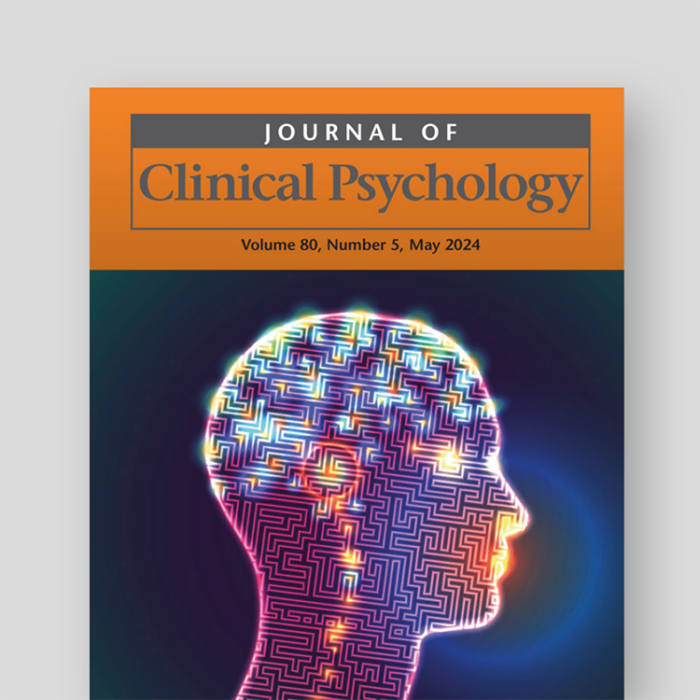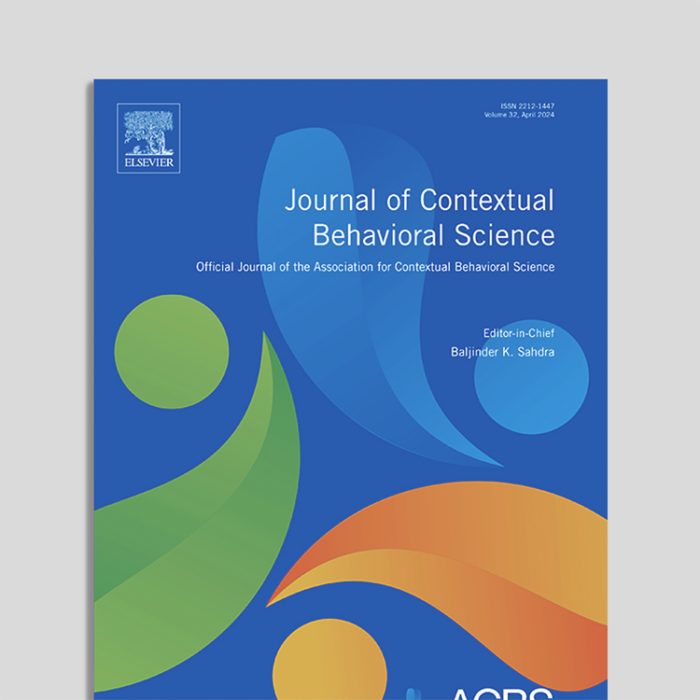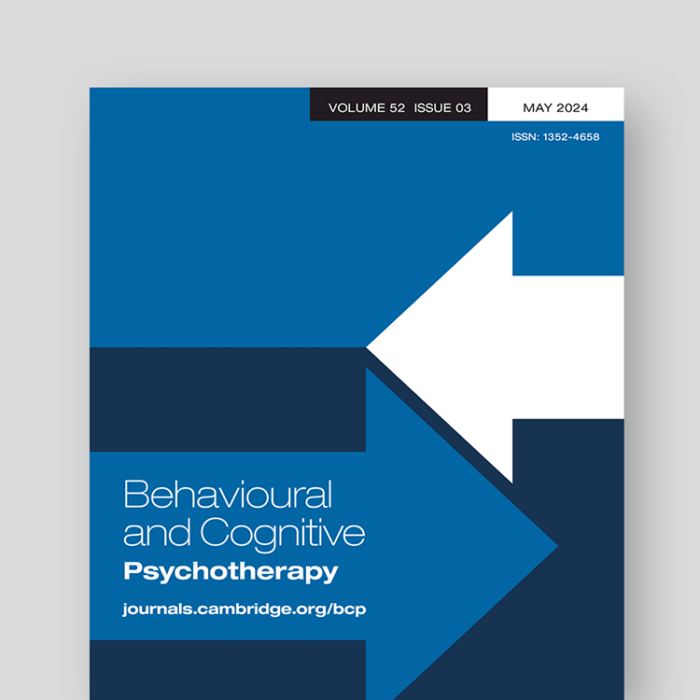Research Spotlight: Anxiety and Depression

Staying current with psychological research and best practice is essential for delivering effective care. Our ‘Research Spotlight’ articles offer clear summaries of recent studies, helping you stay informed.

Facilitators and barriers to “positive outcomes” from cognitive-behavioral therapy
This synthesis of qualitative studies explored how young people with anxiety and depression conceptualize “positive outcomes” in CBT and what they believe facilitates and blocks this. The results highlight a range of important factors, including acknowledging young people’s perspectives, teaching tangible techniques, framing CBT as “upskilling”, striking a balance between autonomy and support, and exploring barriers to engagement. This synthesis not only amplifies the voices of young people but provides therapists with actionable insights that might enhance their practice.
Redburn, J., & Hayes, B. (2024). Facilitators and barriers to “Positive Outcomes” from cognitive-behavioral therapy, according to young people: A thematic synthesis. Journal of Clinical Psychology, 80, 968–1002. https://doi.org/10.1002/jclp.23653

The relationships between valued living and depression and anxiety
This systematic review examined the relationship between valued living (the extent to which an individual contacts their chosen values in everyday life) and the experience of depression and anxiety. Based on the findings of 72 studies, the review identified significant negative correlations between valued living and both depression and anxiety, with a greater effect size for the association with depression. While these are promising results, further research is needed to better understand these relationships and optimize therapeutic interventions, including longitudinal studies and investigations involving younger age groups.
"The results showed the negative association between valued living and depression, and valued living and anxiety symptoms. The review findings highlight the potential for clinicians to target and increase the focus on valued living as a key therapeutic process and mechanism of change. Valued living interventions could also have potential as a preventative approach, to reduce the numbers of people developing mental health difficulties, particularly among at risk groups such as front-line healthcare workers, students, teachers, and those from more deprived communities."
Tunç, H., Morris, P. G., Kyranides, M. N., McArdle, A., McConachie, D., & Williams, J. (2023). The relationships between valued living and depression and anxiety: A systematic review, meta-analysis, and meta-regression. Journal of Contextual Behavioral Science, 28, 102-126.

Treatment return after psychological therapy for depression and anxiety
How many people need additional psychological treatment and why? This study explored treatment return in an NHS psychological therapy service in the UK, revealing that approximately 1 in 7 individuals came back for more treatment within 1 – 5 years. Most returning individuals continued to experience significant symptoms of depression and/or anxiety at the end of their initial treatment, while 32% had experienced a relapse. While returning for treatment might reflect adaptive help-seeking, it also highlights the importance of improving the effectiveness of initial treatments and relapse prevention strategies. These findings suggest that targeting early recovery and follow-up care could go some way towards enhancing long-term outcomes and reducing the “revolving door” of treatment return.
Lorimer B, Kellett S, Giesemann J, Lutz W, Delgadillo J. An investigation of treatment return after psychological therapy for depression and anxiety. Behavioural and Cognitive Psychotherapy. 2024;52(2):149-162. doi:10.1017/S1352465823000322

